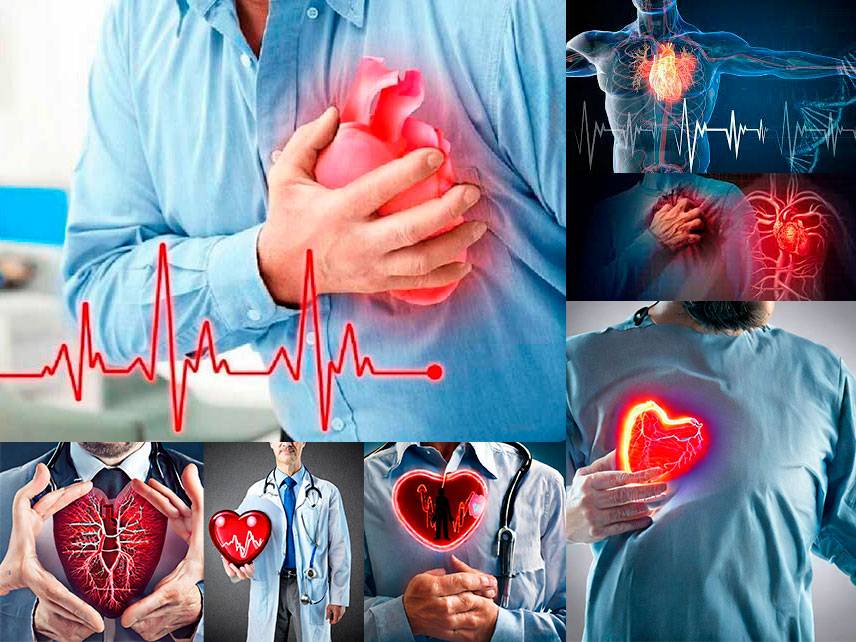
Myocardial infarction (heart attack): symptoms, diagnosis, treatment
Myocardial infarction, commonly known as a heart attack, is a serious medical condition that results from the obstruction of blood flow to the heart muscle. Symptoms of a heart attack can include chest pain, shortness of breath, nausea, sweating and fatigue. Diagnosis typically involves a physical examination, electrocardiogram, and blood tests. Treatment for a heart attack can include medications, lifestyle modification, and surgery. Medications can include aspirin, beta-blockers, and ACE inhibitors. Lifestyle modifications may include quitting smoking, exercising regularly, and eating a healthy diet. Surgery may involve cardiac catheterization, angioplasty, or bypass surgery.




